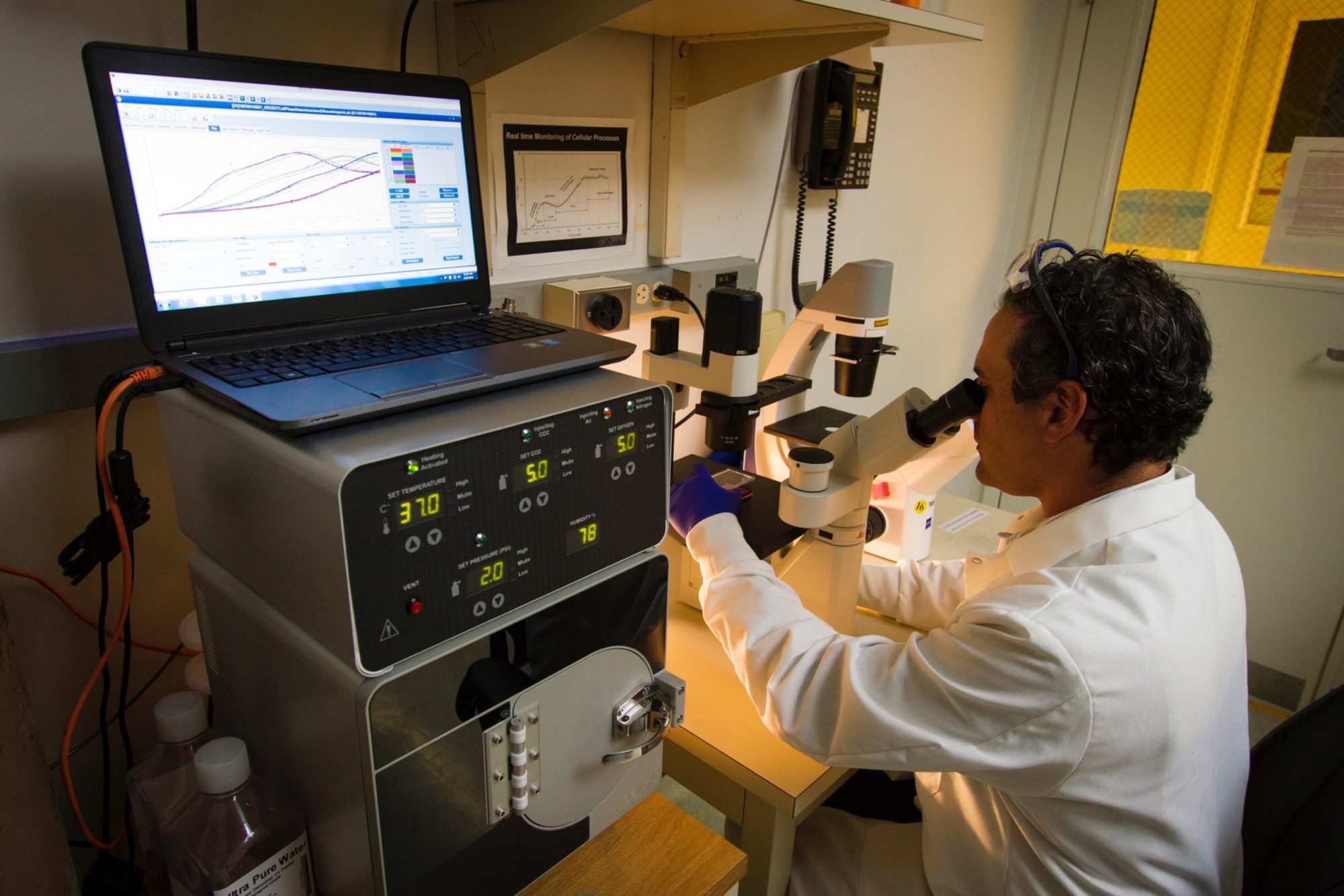A clinical trial in London called PROMISE-Meso showed immunotherapy to be a possible future alternative to treating the deadly disease mesothelioma.
The trial included 144 patients with advanced pretreated mesothelioma. According to study author, Dr. Sanjay Popat of Royal Marsden Hospital Foundation Trust, more patients experienced a positive response to immunotherapy than regular treatments.
“In PROMISE-Meso, nearly four times more patients responded to immunotherapy than standard chemotherapy,” he said.
The hope is that these positive responses may provide important clues to new treatment options for the 3,000 new cases of mesothelioma diagnosed each year.
Popat and his colleagues presented data from the trial at the ESMO Congress 2019, stressing the need to understand the biological mechanisms that allow some, but not all, patients to respond to immunotherapy.
The ESMO Congress gathers clinicians, researchers, patient advocates, journalists, and other members of the pharmaceutical industry from around the world to report on the latest advances in oncology.
Positive Response Did Not Result in Longer Life
In the PROMISE-Meso trial, the checkpoint inhibitor pembrolizumab was used for some patients and standard mesothelioma chemotherapy for others. All patients had their cancer return during or after the first-line treatment before they participated in the study.
Unfortunately, the positive immunotherapy responses did not result in delayed progression of the disease or improved survival. What it did show is that some patients benefited from immunotherapy for long periods.
“If we can find out how this happens, we will have a better idea of which patients should preferentially receive this treatment over chemotherapy,” said Popat.
Popat stressed that additional studies need to take place with patients who are in earlier stages of the disease. He also saw a need for trials that combine immunotherapy with other anti-cancer drugs.
“In studies of lung cancer, we have already learned that we can improve results with immunotherapy by combining it with chemotherapy, and the same may be true with mesothelioma,” he added.
Currently Only One Line of Treatment for Mesothelioma Victims
Dr. Frederica Grosso of the Mesothelioma and Rare Cancers Unit at a hospital in Alessandra, Italy stresses the need for a second-line of mesothelioma treatment for patients.
“The worldwide number of deaths is expected to rise as people exposed to asbestos before it was banned continue to be diagnosed many years later,” she said.
She doesn’t mention that many countries — like the U.S. — have not completely banned asbestos, meaning the deadly mineral still poses a threat today. Most developed nations, 66 in total, have taken action and banned asbestos to prevent more needless deaths from mesothelioma.
“Although we did not see better survival with immunotherapy in the PROMISE-Meso study, the responses are encouraging and the results of the ongoing trials of checkpoint inhibitor treatment in earlier stage mesothelioma will be very important to patients and clinicians," Grosso said. "We very much need better first and second-line treatment for mesothelioma around the world.”
Mesothelioma most often affects the lining of the lungs but, in more rare cases, can invade the abdominal cavity and other areas of the body. It develops 20-50 years after microscopic asbestos fibers are inhaled or ingested. The fibers settle in the body, slowly irritating healthy tissue until cancer develops.
Studies like those from Dr. Popat and Dr. Grosso prove crucial to discovering more advanced treatments for this cancer, which, in most cases, kills its victims in less than a year.

